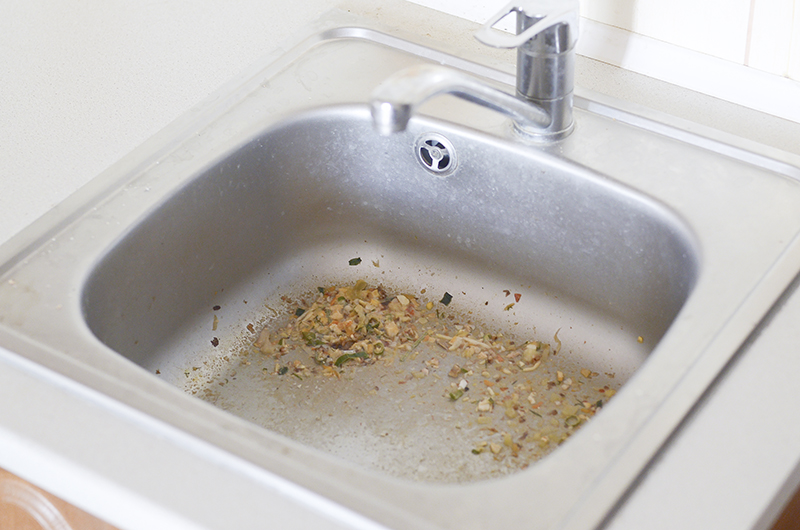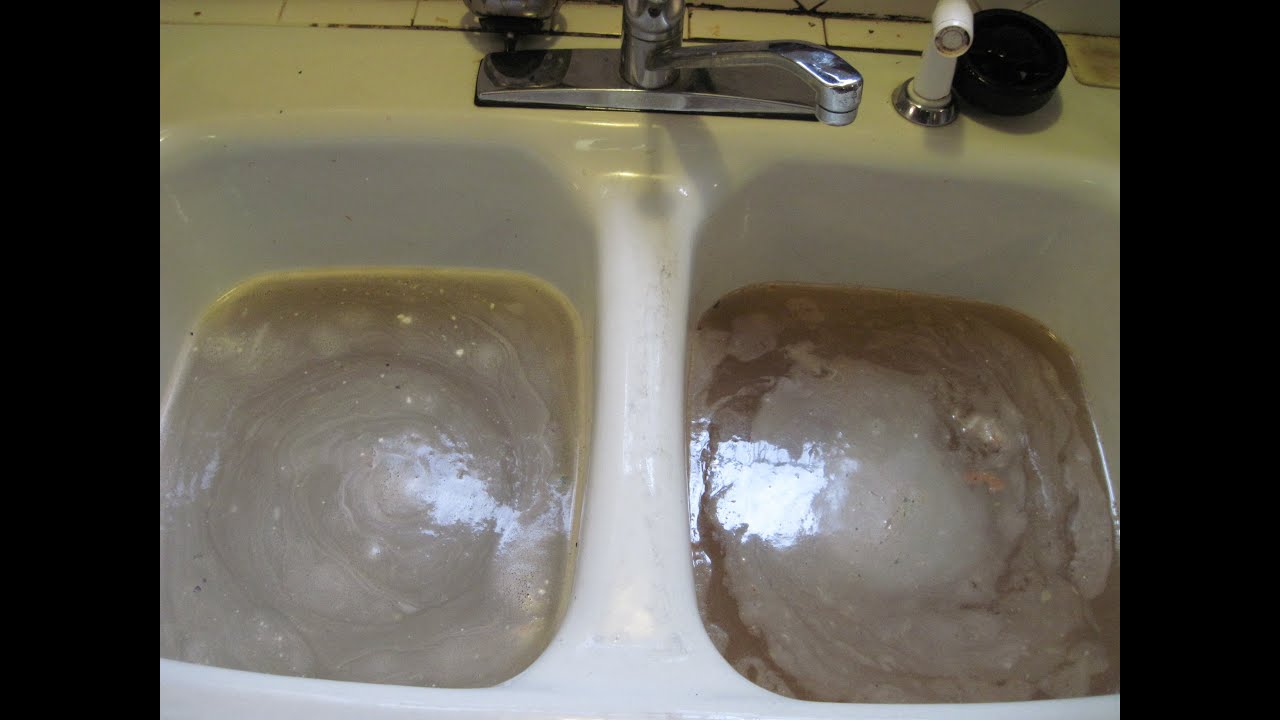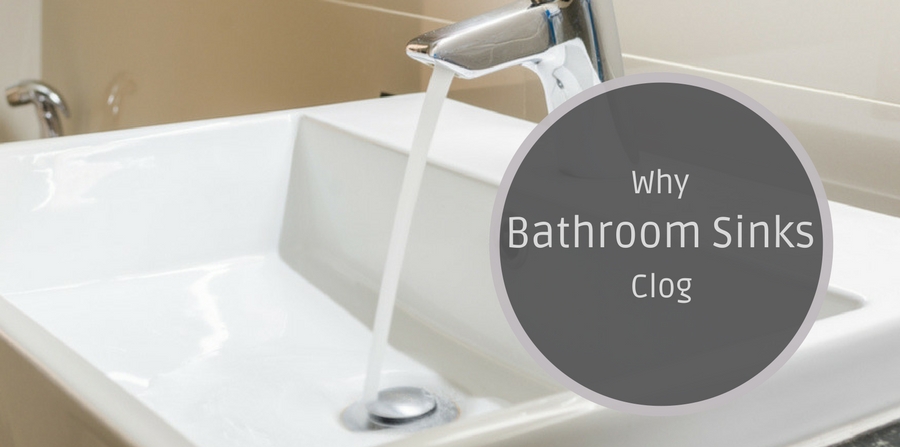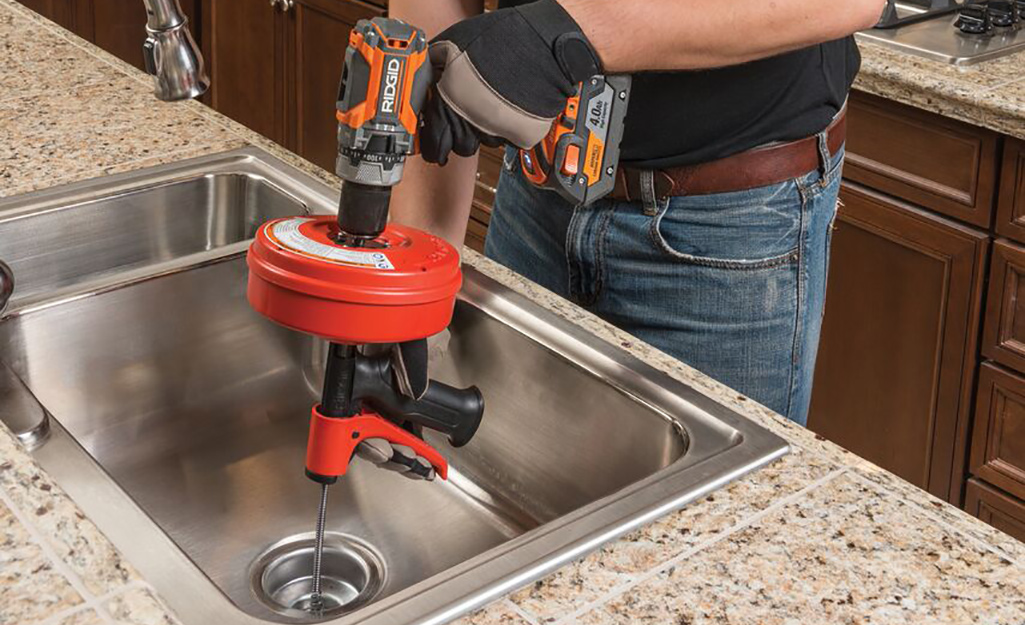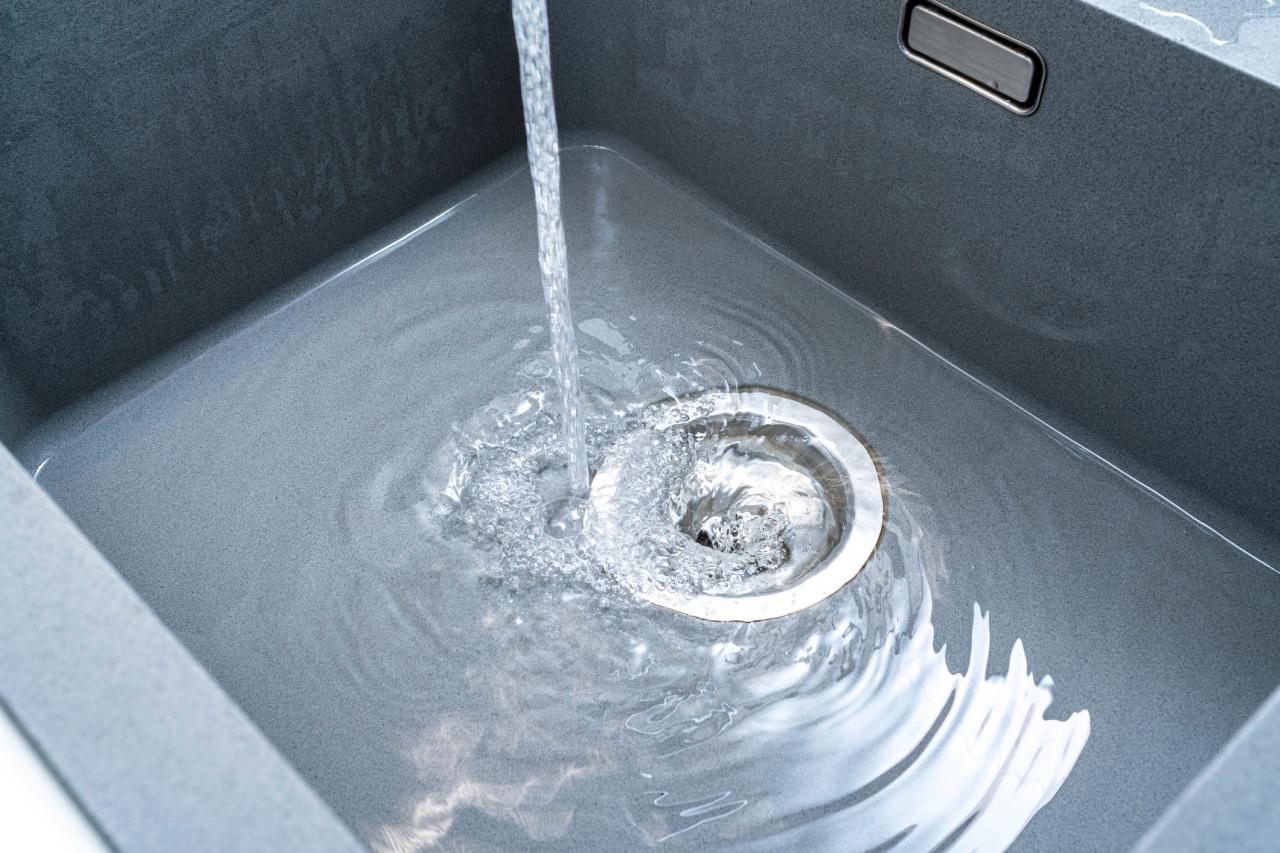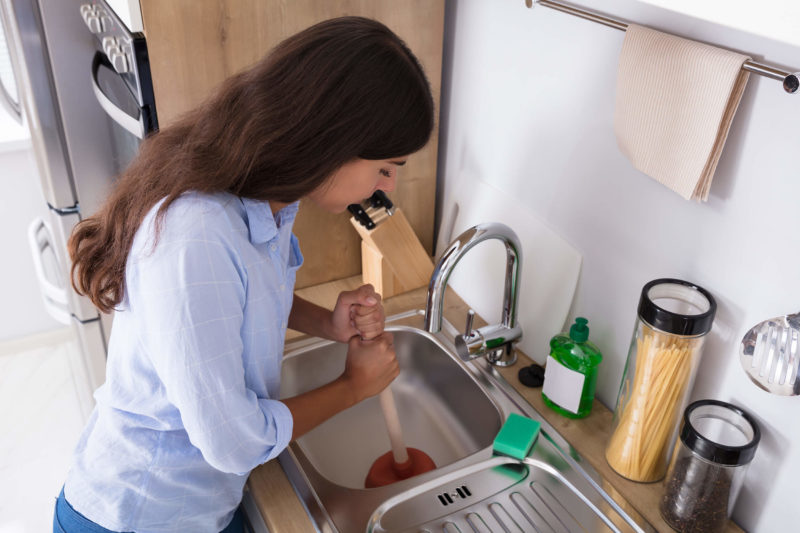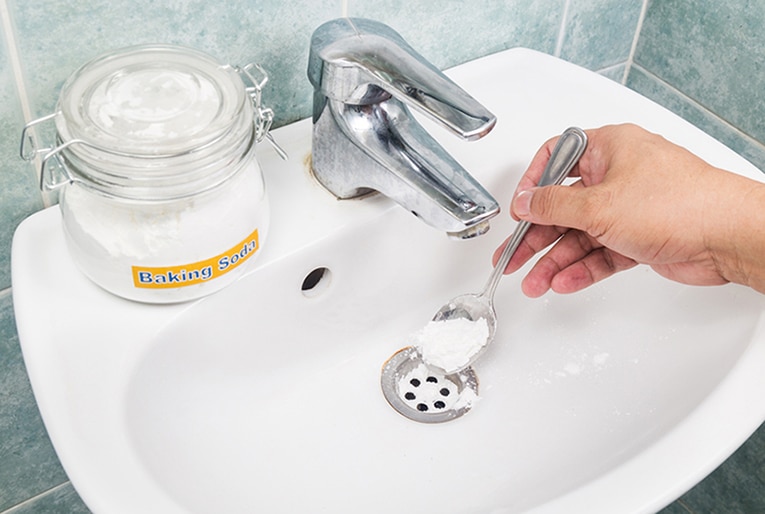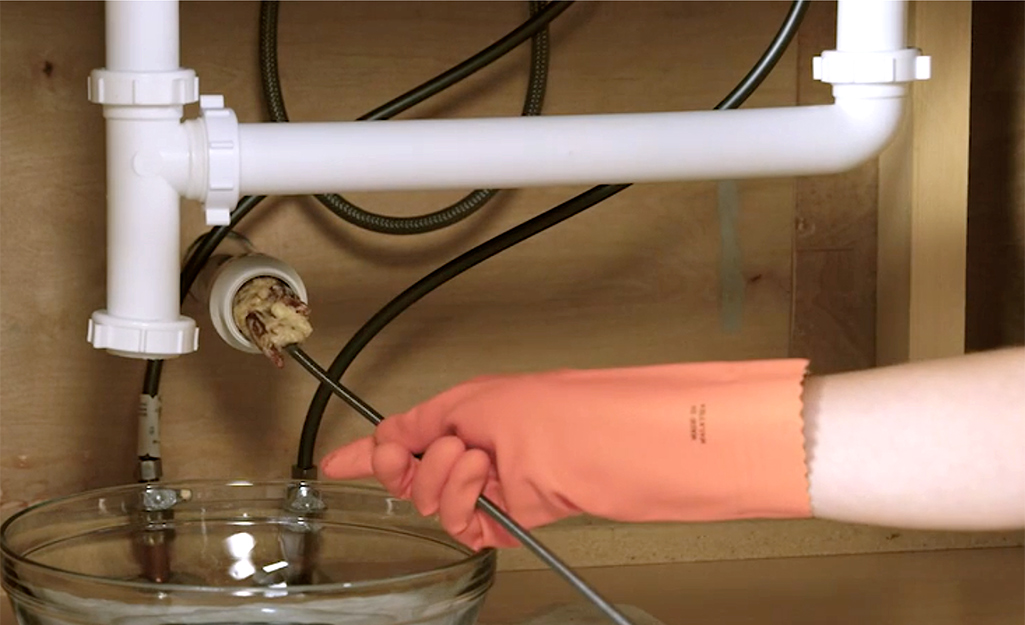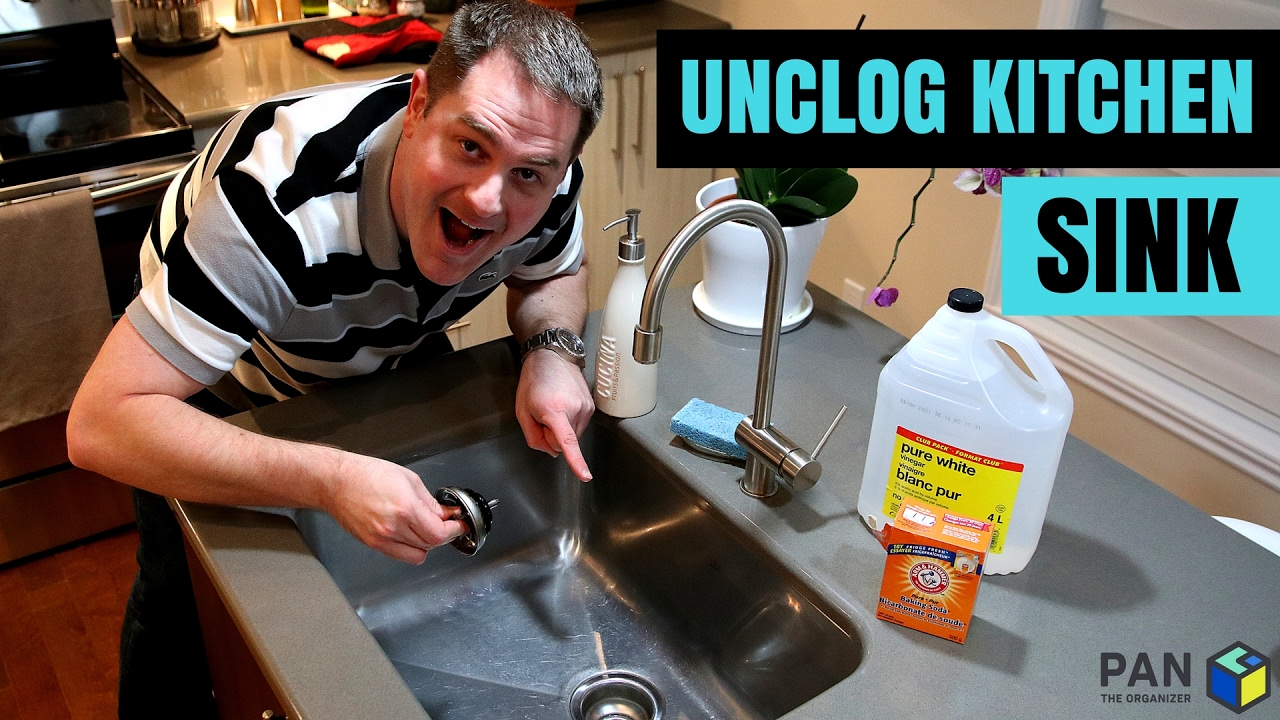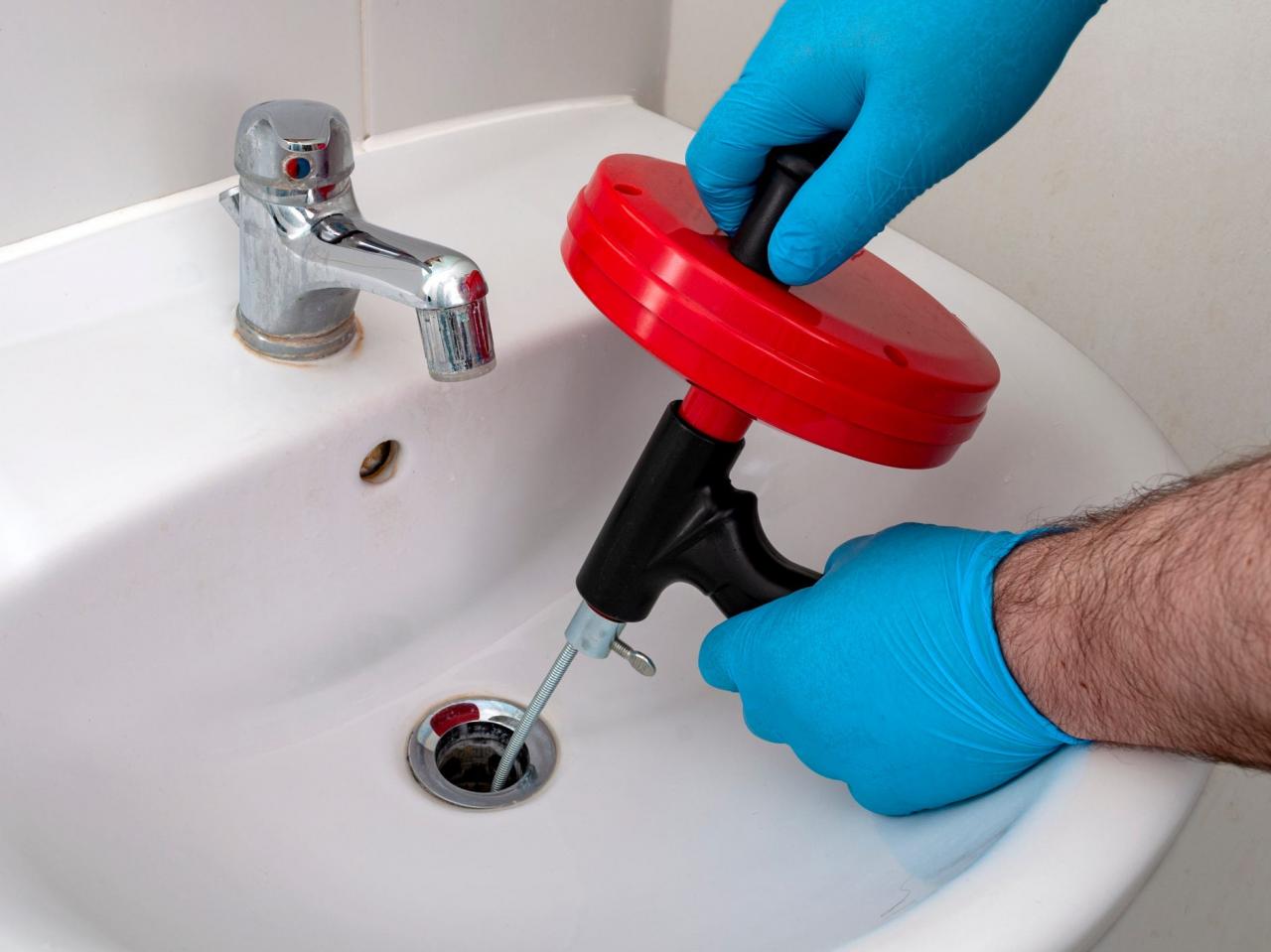Kitchen Sink And Bathroom Sink Clogged
Common Causes of Kitchen and Bathroom Sink Clogs
Food Waste: One of the most common causes of kitchen sink clogs is the improper disposal of food waste. Leftover food particles, oil, and grease can accumulate and form a solid mass that blocks the pipes. It is important to scrape leftover food into the trash or compost bin rather than letting it go down the drain.
Soap and Hair: In the bathroom, soap residue and hair are frequent culprits of sink clogs. Over time, hair can build up in the drain, trapping other debris and causing a blockage. Similarly, soap residue can accumulate and harden, obstructing the flow of water.
Foreign Objects: Accidentally dropping small objects down the sink can lead to blockages. Children’s toys, jewelry, or even small utensils can get lodged in the pipes and cause clogs. It is important to be mindful of what goes down the sink and ensure that no foreign objects accidentally go down the drain.
Mineral Buildup: Over time, mineral deposits can accumulate in the pipes, particularly in areas with hard water. These mineral deposits can restrict the flow of water and eventually lead to clogs. Regular cleaning and maintenance can help prevent mineral buildup and keep the sink free from clogs.
Tree Roots: In some cases, tree roots can infiltrate the underground plumbing system and cause clogs in the kitchen or bathroom sink. This is more common in older homes or properties with trees located near the plumbing lines. Professional assistance may be required to address this issue.
Insufficient Pipe Slope: Poor plumbing installation or insufficient pipe slope can lead to frequent clogs in the kitchen or bathroom sink. When the slope is not steep enough, debris can accumulate and cause blockages. Proper plumbing installation and maintenance can help prevent this issue.
Aging Pipes: Aging pipes can be more susceptible to clogs and blockages. Over time, pipes can corrode, develop leaks, or collapse, leading to restricted water flow and clogs. Regular inspection and maintenance of the plumbing system can help identify and address any issues with aging pipes.
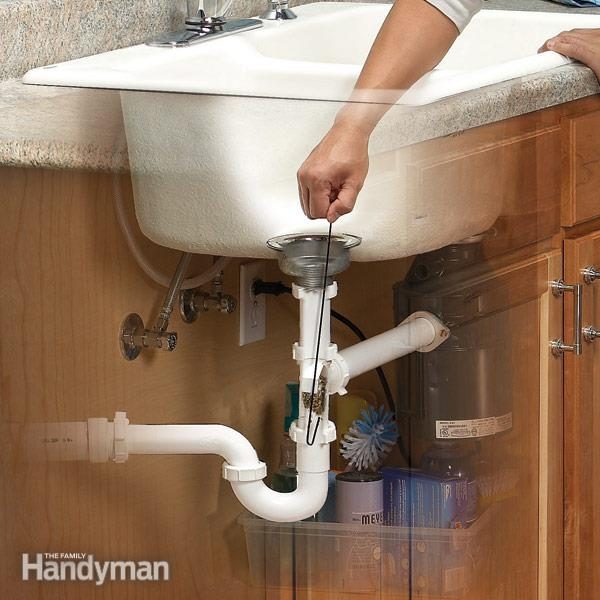
Effective DIY Methods for Clearing a Clogged Sink
When your kitchen sink or bathroom sink gets clogged, it can be a frustrating experience. However, before calling a plumber and spending money on their services, you can try some effective DIY methods to clear the clog yourself. Here are a few methods that can help you unclog your sink:
Boiling Water: One of the simplest and most effective methods to clear a clogged sink is by pouring boiling water down the drain. Boiling water can help dissolve and remove grease or soap buildup that may be causing the clog. Carefully pour the boiling water down the drain and let it sit for a few minutes. Repeat the process if necessary.
Baking Soda and Vinegar: This combination is a classic DIY method for clearing clogs. Start by pouring about half a cup of baking soda down the drain, followed by half a cup of vinegar. The mixture will fizz and bubble, which helps break down the clog. Let it sit for about 30 minutes, then flush the drain with hot water.
Plunger: A plunger can be a handy tool for clearing a clogged sink. Make sure there is enough water in the sink to cover the plunger’s rubber cup. Place the plunger over the drain and firmly push and pull to create suction. Repeat this motion several times until the clog is cleared. Flush the drain with hot water afterward.
Wire Hanger: If the clog is located deeper in the pipes, you can try using a wire hanger to reach and remove it. Straighten the hanger and create a small hook at one end. Insert the hook into the drain and gently wiggle it around to dislodge the clog. Pull out any debris that comes up with the hanger and run hot water to clear the remaining residue.
Drain Snake: For stubborn clogs, a drain snake can be a useful tool. Insert the snake into the drain and rotate the handle to break up the clog. Keep pushing the snake until you feel the clog loosening. Once the clog is cleared, run hot water to flush out any remaining debris.
When to Call a Professional Plumber for Clogged Sink Issues
Persistent Clogs: If you have tried various methods to unclog your kitchen or bathroom sink, such as using a plunger or a drain snake, but the clog keeps coming back, it is time to call a professional plumber. Persistent clogs may indicate a more serious underlying issue, such as a blockage further down the pipe or tree roots infiltrating the plumbing system. A professional plumber will have the necessary tools and expertise to identify and resolve the root cause of the clog.
Slow Draining: If you notice that water is taking longer than usual to drain from your sink, it may be a sign of a partial clog. While you can try using a chemical drain cleaner or a homemade solution to clear the blockage, these methods may not always be effective and can even damage your pipes. A professional plumber will be able to assess the situation and determine the best course of action to restore proper drainage.
Foul Odors: Persistent foul odors emanating from your sink can indicate a clog that is harboring organic matter. Food particles, grease, and other debris can accumulate in the pipes over time, causing a buildup that leads to unpleasant smells. Attempting to remove the clog yourself may only provide temporary relief, as the root cause of the odor may still remain. A professional plumber will have the necessary tools and knowledge to thoroughly clean the pipes and eliminate the odor-causing clog.
Multiple Clogged Drains: If you have multiple sinks in your home that are experiencing clogs simultaneously, it is a strong indication of a larger issue within your plumbing system. This could be caused by a main sewer line blockage or a problem with the venting system. Trying to address these complex issues without professional help can worsen the situation and potentially lead to costly repairs. Contacting a professional plumber will ensure an accurate diagnosis and prompt resolution of the issue.
Risk of Damage: In some cases, attempting to resolve a clogged sink issue on your own can inadvertently cause additional damage. For example, using excessive force while using a plunger or a drain snake can break fragile pipes or push the clog further down, making it more difficult to remove. Additionally, using harsh chemicals can corrode and damage the pipes over time. To avoid potential damage and costly repairs, it is best to call a professional plumber who is equipped with the skills and knowledge.
Four Reasons Your Bathroom Sink is Clogging Mike Diamond
How to Unclog a Kitchen Sink
How to Unclog a Sink u2014 Simple Steps to Unclog a Drain
Canu0027t Fix a Clogged Sink? Try Main Drain Clearing Apollo Home
How to Unclog a Bathroom Sink – Easily Fix Common Clogs
How to Unclog a Kitchen Sink
3 Ways to Unclog a Kitchen Sink – wikiHow
How to unclog a kitchen sink using baking soda and vinegar !!
How to Unclog a Sink: 4 Easy Ways
Related Posts:
